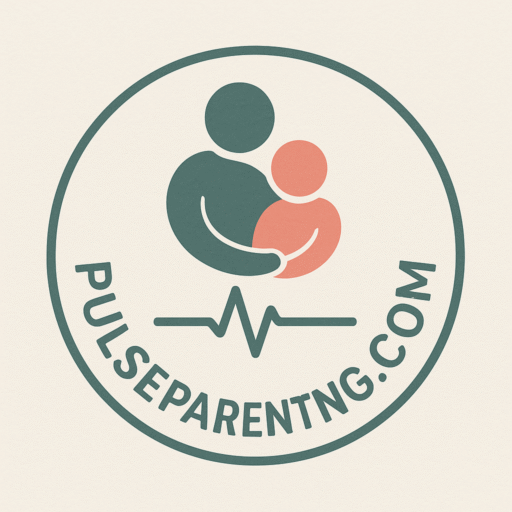Have you ever wondered why your teen seems forgetful, disorganized, or struggles to start tasks—even when they know what to do? These challenges are often signs of executive function deficiencies, a term that describes difficulties with the brain’s self-management system.
🧠 What Are Executive Functions?
Executive functions are the brain’s control center—skills that allow us to plan, focus attention, manage time, remember information, and regulate emotions. Think of them as the “CEO” of the mind. These skills are largely controlled by the prefrontal cortex, the area of the brain responsible for decision-making and impulse control.
There are three core types of executive functions:
- Working Memory: The ability to hold information in mind and use it, like following multi-step directions.
- Cognitive Flexibility: The ability to adapt to change, shift between ideas, or find new approaches when something doesn’t work.
- Inhibitory Control: The ability to resist impulses and think before acting.
These core skills form the foundation for higher-level abilities such as planning, prioritizing, organizing, emotional regulation, and goal-setting.
👧 Why Teens Struggle More Than Adults
The teenage brain is a work in progress. The prefrontal cortex—responsible for executive functions—doesn’t fully mature until the mid-20s. Meanwhile, the emotional and reward systems develop much earlier. This imbalance means teens often feel strong emotions and impulses before their “self-control” system has caught up.
This is why teens might:
- Procrastinate even on things they care about
- Lose track of time or materials
- Struggle to transition from one task to another
- Overreact emotionally or make impulsive choices
It’s not laziness—it’s brain development.
⚠️ When It Becomes a Deficiency
Everyone has off days, but persistent struggles with executive functions may point to an underlying issue. Executive function deficiencies are often associated with:
- ADHD (Attention-Deficit/Hyperactivity Disorder)
- Autism Spectrum Disorder (ASD)
- Learning disabilities
- Anxiety or depression
In these cases, the brain has a harder time managing organization, focus, and self-regulation, even with strong effort or motivation.
🧩 How to Support Children and Teens
The good news is that executive function skills can improve with support and practice. Here are some effective strategies:
- Create structure: Use visual schedules, planners, and consistent routines.
- Break tasks into steps: Help kids set mini-goals to make big projects less overwhelming.
- Encourage reflection: Ask questions like “What’s your plan?” or “How did that work out?” to build self-awareness.
- Use time tools: Timers and reminders help externalize time for those who struggle to feel it internally.
- Model organization: Show your own systems for managing tasks or emotions.
- Praise effort, not just results: Reinforce progress to build confidence and motivation.
🌱 The Takeaway
Executive function deficiencies are not a sign of laziness or lack of intelligence—they’re signs of a developing brain that needs guidance, structure, and practice. By understanding and supporting these skills, parents and educators can help children and teens gain the tools they need to thrive academically, emotionally, and socially.
Keywords: executive function, teen brain development, ADHD, emotional regulation, cognitive skills, child psychology, parenting strategies
